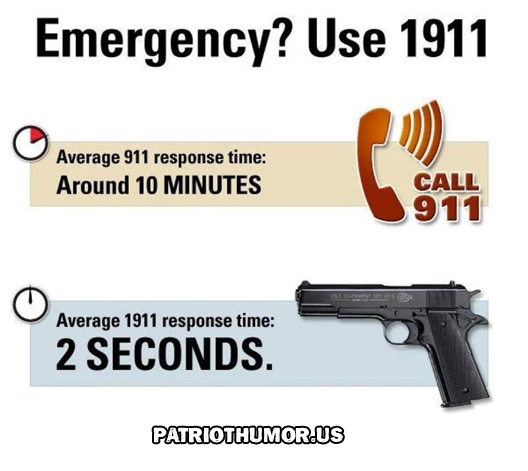The Naked Listener writes...
Strictly speaking, the word inch wouldn't qualify as a word ending in the four letters I, N, C and H. The reason is that inch is the whole word with those four letters -- inch doesn't end in them; it is them.
Words that end in -i-n-c-h are cinch, clinch, finch, pinch, winch, etc.
*
Shit for brains
Some people ask the most incredible and unanswerable of things, proving that some really do have shit for brains ('SIB').
SIB: If the word inch didn't end in I-N-C-H, what would it spell?
Me (eyerolling): I honestly don't know how to answer that. The word 'inch' is spelled i-n-c-h as you know already -- just that it doesn't end in i-n-c-h. It's the other words that end in those four letters.
SIB: What are the last 4 letters of the word inch?
Me: There are no "last" four letters for the word 'inch.' You can see that yourself.
SIB: Counting from the last letter first, I count 4 letters.
Me: I have to say you have an unusual way of interpreting what the phrase "ending in" means. When we say a word ending in certain letters, we don't normally consider the whole word that spells in those letters. We only consider those words that actually end in those set of letters, so w-inch, cl-inch, f-inch, fl-inch, etc.
SIB: Who is 'we' in this context. Is there an official interpretation? I think your answer depends on what you consider a norm, which is in this case subjective. However we can objectively agree that working backwards from the last letter, the word inch ends with the letters "i-n-c-h". Would you not agree? I am looking for the most objective answer.
(Is he actually aware that he's non compos mentis?)
Me: I'm sorry I don't know what you're asking for then. The 'we' means the general run of native English speakers as far as myself goes and in my general experience of native English speakers. The word 'inch' doesn't end in "inch" -- it's actually spelled in that.
SIB: Is it possible to be both spelled in it and ending in it (in your view)? Why are the two things mutually exclusive?
(In my view, is it now?)
Me: Mainly because the phrasal verb "to end in" means "to have or give final cause or purpose" (a usage that dates from the early 1500s). In our context here, the end cause/purpose is the i-n-c-h as the ending.
SIB's motivation for asking the question
He said it himself:-
"A game show I was watching with a friend had a round where they had to list the words ending with 'inch' and nobody said 'inch.' As a programmer I suggested it and the person I was with thought I was crazy. It spawned a long philosophical debate that only Quora could settle."
Your friend is right about you. No, you're wrong about it being 'philosophical.' You're thinking of programming, in which case 'inch' may legitimately end in 'inch.'
But you DIDN'T make it clear it was about programming, did you?
Conclusion
I mean, honestly, right? If he's so goddamned sure about it, why's he asking in the first place? Idiot.
I mean, I would recommend anyone to also include the word 'inch' in such a list, but I wouldn't say 'inch' ends in i-n-c-ch because the whole word is spelled that.
Think of it this way -- Does the word 'inch' end in -ch? See what I mean.
21 Aug 2015
(via)




No comments :
New comments are not allowed.